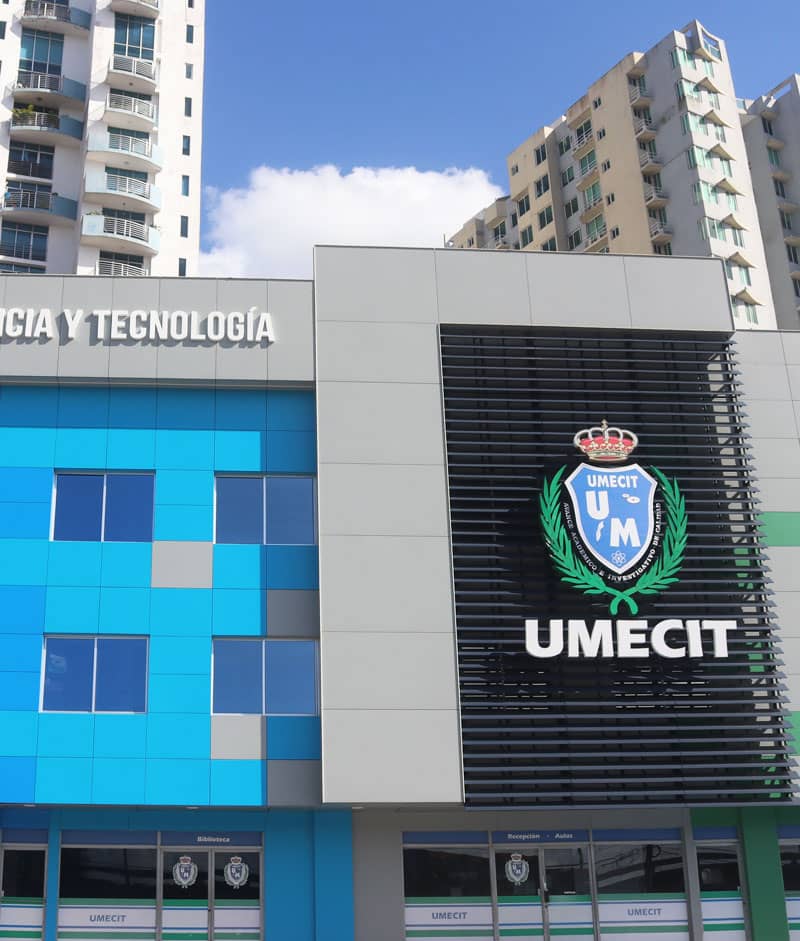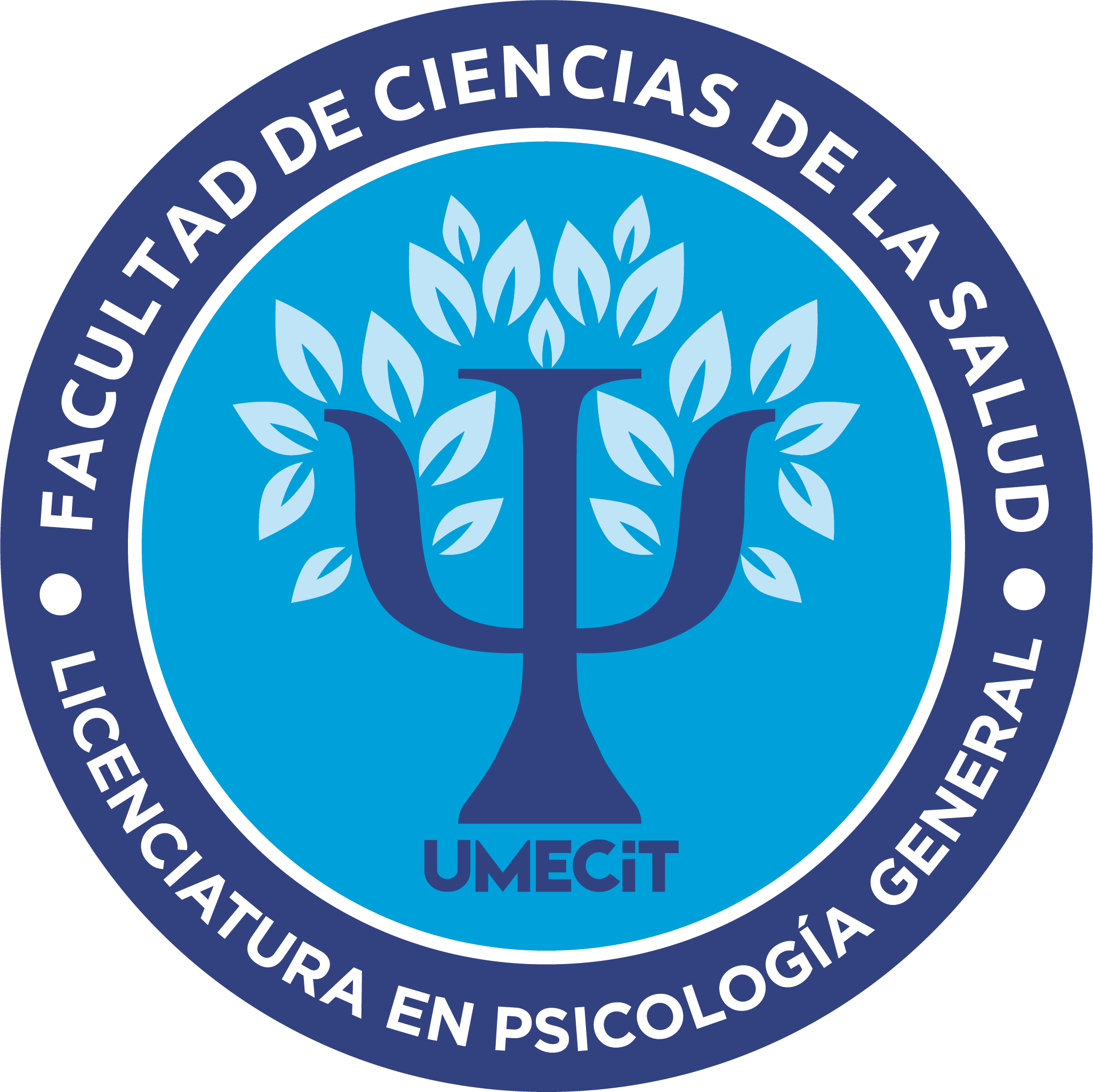"PSYCHOEALTH"
The Semillero PsicoSalud de Psicología Clínica is an academic research and development group dedicated to the study and application of clinical psychology to promote mental health and emotional well-being. Made up of a multidisciplinary team of students and professionals in psychology, the PsicoSalud Seedbed's main objective is to generate knowledge and promote evidence-based clinical practices.
Through rigorous research and analysis of different theoretical approaches, the PsicoSalud Hotbed seeks to deepen the understanding of mental disorders, therapeutic processes, and effective psychological interventions. In addition, it focuses on the implementation of strategies for the prevention and promotion of mental health in various contexts, both at the individual and community level.



The Semillero PsicoSalud is committed to the education and training of its members, providing opportunities to acquire clinical and research skills, as well as to participate in outreach and outreach activities in the community. Through collaborations with health institutions, community organizations and other similar incubators, it seeks to promote a comprehensive approach to clinical psychology and its contribution to the health and well-being of people.
With a future-oriented vision, Semillero PsicoSalud strives to be a benchmark in the generation of knowledge and clinical practice in the field of psychology, contributing to society by improving people's quality of life through of mental health.
In addition to its focus on the generation of knowledge and clinical practice, the Semillero PsicoSalud is characterized by its commitment to constant updating and the adoption of innovative approaches in the field of clinical psychology. Through the exploration of new techniques and therapies, as well as the integration of digital technologies and evidence-based tools, the seedbed seeks to be at the forefront of advances in the clinical field.
The Semillero PsicoSalud also stands out for its holistic and person-centered approach. Recognizing the complexity of the human experience, the importance of addressing biopsychosocial aspects in the understanding and treatment of mental disorders is appreciated. Likewise, respect for cultural diversity is promoted and interventions are sought to be adapted to the individual needs and characteristics of each person.
Collaboration and the exchange of knowledge are fundamental pillars of the Semillero PsicoSalud. Teamwork, active participation in conferences and academic events, as well as collaboration with other seedbeds and research groups are encouraged. This constant interaction and the exchange of ideas and perspectives enrich the work of the seedbed and contribute to the generation of research projects and actions with a significant impact in the field of clinical psychology.
In short, the PsicoSalud Seedbed for Clinical Psychology is presented as a space for learning, research, and application of clinical psychology, where academic excellence, innovation, and commitment to people's mental health are promoted. Through its collaborative work and holistic approach, the seedbed seeks to contribute to the advancement of clinical psychology and improve the quality of life for those facing emotional and mental challenges.


"PSYCHOEALTH"
Research: Promote scientific research in the field of clinical psychology, addressing relevant and current issues. It seeks to generate new knowledge and contribute to the advancement of the discipline.
Education and training: Provide training and training opportunities to the members of the seedbed in different areas of clinical psychology, such as evaluation, diagnosis, intervention and therapeutic techniques. It seeks to promote the development of clinical and scientific skills.
Clinical practice: Apply the theoretical and practical knowledge acquired through participation in real clinical cases. The aim is to provide the members of the seedbed with the necessary practical experience for their development as professionals in clinical psychology.
Dissemination and extension: Carry out scientific dissemination and extension activities in the community, with the aim of disseminating knowledge in clinical psychology and promoting the importance of mental health. This may include organizing workshops, talks, awareness campaigns and participation in academic events.
Interdisciplinary collaboration: Establish collaboration links with other seedbeds, research groups and professionals from related disciplines, in order to enrich knowledge and approaches in clinical psychology. It seeks to promote the exchange of ideas and the joint construction of projects.
Up-to-date and cutting-edge: Keep abreast of the most recent advances in the field of clinical psychology, including new techniques, therapeutic approaches, and applied technologies. It seeks to be at the forefront of developments in the discipline and apply them effectively in clinical practice.
These objectives guide the activities and projects of Semillero PsicoSalud, with the purpose of contributing to the development of clinical psychology, training competent professionals and improving the quality of life of people through effective psychological interventions.
CLINICAL PSYCHOLOGY
The Semillero PsicoSalud is based on solid conceptual and theoretical foundations of clinical psychology. Below are some of the main bases that support the work of the seedbed:
Theoretical Models in Clinical Psychology
Different theoretical models in clinical psychology are explored and analyzed, such as the cognitive-behavioral, psychodynamic, humanistic, and systemic approaches, among others. These models provide conceptual frameworks to understand the nature of mental disorders and guide therapeutic interventions (Hidalgo, MV, Garrido, VM, & Fernández, J. R; 2012).
Diagnosis and Evaluation
Fundamentals of psychological diagnosis and clinical assessment are covered, including the use of interviews, psychological testing, observation, and functional analysis. It deepens the understanding of the diagnostic criteria established in the classification systems, such as the DSM-5 or the ICD-11.( American Psychiatric Association; 2014).
Psychopathology
The nature and manifestations of mental disorders are studied, analyzing the symptoms, risk factors, etiology and clinical characteristics associated with each disorder. Normal and abnormal aspects of psychological functioning are also examined. (Barlow, DH, & Durand, V.M; 2005).
Psychotherapy and Intervention Techniques
Different approaches and intervention techniques used in psychotherapy are explored, such as cognitive-behavioral therapy, acceptance and commitment therapy, psychodynamic therapy, among others. The theoretical and practical foundations of these interventions and their application in clinical practice are analyzed.( Beck, J.S; 2011)
Ethical and Legal Aspects
Ethical and legal aspects related to the practice of clinical psychology are addressed, including confidentiality, informed consent, patient rights, and professional standards established in the psychology code of ethics.( Hernandez, R., & Castillo, J; 2013).
Research in Clinical Psychology
These conceptual and theoretical bases provide a solid framework for the development of research, the understanding of mental disorders and the application of effective clinical interventions in the Semillero PsicoSalud. Through study and reflection on these bases, the training of competent and up-to-date professionals in the field of clinical psychology is encouraged.
These conceptual and theoretical bases provide a framework for analysis and research in the “Growing Minds” hotbed, allowing us to understand the factors that influence the development of students and providing tools to design effective interventions that promote learning, emotional well-being and personal growth.


BIBLIOGRAPHY
- American Psychiatric Association. (2014). Diagnostic and Statistical Manual of Mental Disorders (DSM-5). Panamerican Medical Editorial.
- Barlow, DH, & Durand, VM (2005). Psychopathology: A comprehensive approach to abnormal psychology. Thomson.
- Barlow, DH (2008). Clinical handbook of psychological disorders: A step-by-step treatment manual. Guilford Press.
- Beck, JS (2011). Cognitive therapy: Theory and practice. Paidos.
- Ethics Committee of the Official College of Psychologists. (2012). Deontological code of the psychologist. Pyramid.
- Corsini, RJ, & Wedding, D. (2011). Current psychotherapies. Cengage Learning.
- López-Ibor, JJ, & Valdés, M. (2016). Psychopathology and mental health: Learning about mental disorders. Panamerican Medical Editorial.
- Fernández, AB, & Ramírez, J. (2019). Psychotherapies: current models and perspectives. Panamerican Medical Editorial.
- Hidalgo, MV, Garrido, VM, & Fernández, JR (2012). Psychological evaluation: Concept, process and application in the clinical, educational and labor areas. Pyramid.
- Sue, D., Sue, DW, & Sue, S. (2013). Understanding abnormal behavior. Cengage Learning.
WHICH ARE IN THE PROCESS OF IMPLEMENTATION FROM THE SEEDBED
Effectiveness of therapeutic interventions
This project intends to carry out a study to evaluate the effectiveness of different therapeutic approaches in the treatment of a specific disorder, such as cognitive-behavioral therapy, acceptance and commitment therapy or psychodynamic therapy. The efficacy of these interventions could be compared in terms of reduction of symptoms, improvement of functioning and quality of life of the participants.
Risk and protective factors in mental disorders
This project aims to investigate the risk and protective factors associated with the appearance and development of mental disorders, such as depression, anxiety or eating disorders. We want to examine the influence of variables such as social support, parenting style, stress, family history, and other relevant factors to understand the etiology and course of these disorders.
Adherence to psychotherapeutic treatment
This project aims to explore the factors that influence adherence to psychotherapeutic treatment in the clinical population, investigating variables such as the therapeutic relationship, patient motivation, beliefs and expectations about therapy, among others. The objective is to identify the key aspects to improve participation and persistence in therapy.
Evaluation of prevention programs
This project aims to evaluate the effectiveness of mental disorder prevention programs in specific populations, such as adolescents, older adults or people at risk. You want to implement programs designed to promote coping skills, emotional well-being or relapse prevention, and analyze their impact in terms of symptom reduction, improved resilience and promotion of mental health.
Digital technologies in psychological intervention
This project aims to investigate the use of digital technologies, such as mobile applications, online therapy or virtual reality, in psychological intervention. We want to evaluate the effectiveness and acceptability of these tools in the treatment of specific disorders, as well as their impact on access to psychological care and patient satisfaction.

RESPONSIBLE FOR THE SEEDBED

teacher in charge

Nursery Leader Student
Contact:
arathlorenzo0@gmail.com

